This condense practical document identifies a series of challenges that teachers and school managers face, in their efforts towards a plastic free school, and for each challenge there is one or more recommendations how to overcome them.
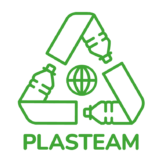
STEAM education for plastic-free primary schools
News about the PLASTEAM project activities

This condense practical document identifies a series of challenges that teachers and school managers face, in their efforts towards a plastic free school, and for each challenge there is one or more recommendations how to overcome them.
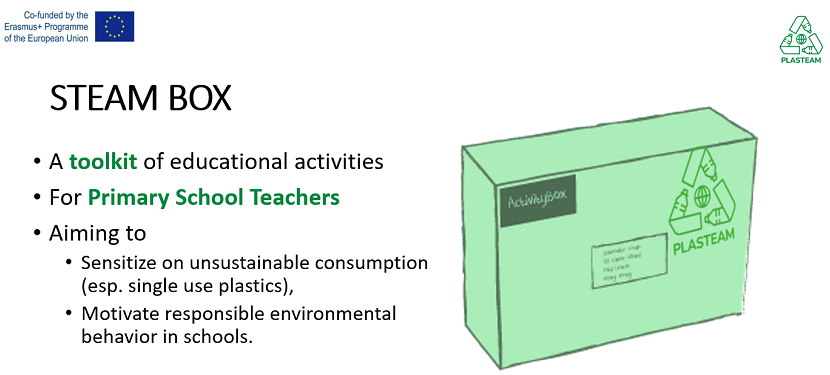
Following the co-decided methodology, the STEAM-Box educational material is out. The material that includes 14 activities is envisaged to support schools in their effort to minimise their plastic use and resulting wastes.
Find STEAM-Box in many languages: ENGLISH, ROMANIAN, DUTCH, GREEK, ITALIAN.
Download the PPT/PDF that outlines the material, activity by activity.
Find the methodology behind its development
UPDATE (27/9/2022): Watch the VIDEO (recording of a webinar that took place on 27/09/2022)
FEEDBACK: If you use the STEAM-BOX in your schools, we welcome your feedback / comments in this Feedback Form (Final deadline 18 February 2023)
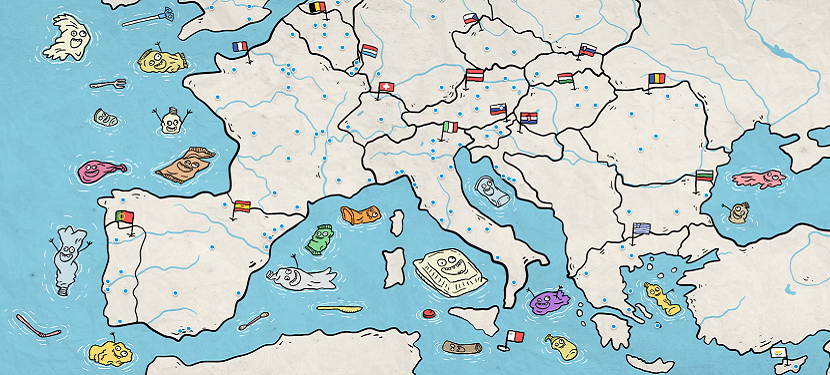
This interactive map available in 11 languages, presents a number of invaluable guidelines for businesses, public authorities, NGOs, schools and universities on how best to phase out single-use plastics through effective and informative examples.
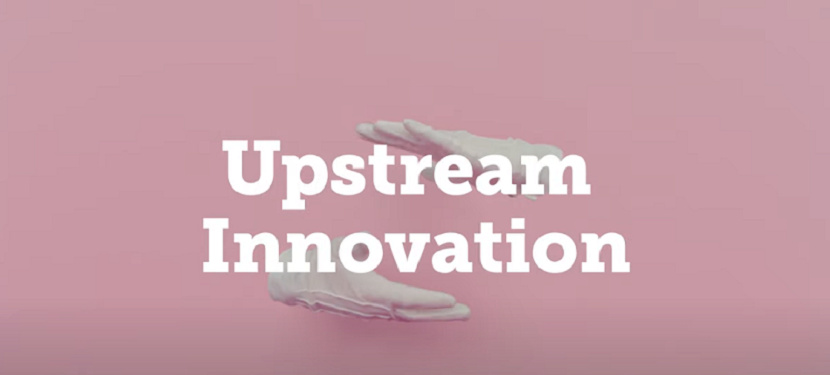
In a circular economy, upstream innovation is about tracing a problem back to its root cause and tackling it there. It means that rather than working out how to deal with a pile of waste, we prevent it from being created in the first place.
Credits: Ellen MacArthur Foundation

This document presents the methodology behind the development of the upcoming educational material STEAM-Box, the pedagogies it applies and how it synergises with other project outcomes. It concludes with the proposed didactic activities to be included in the STEAM-Box.
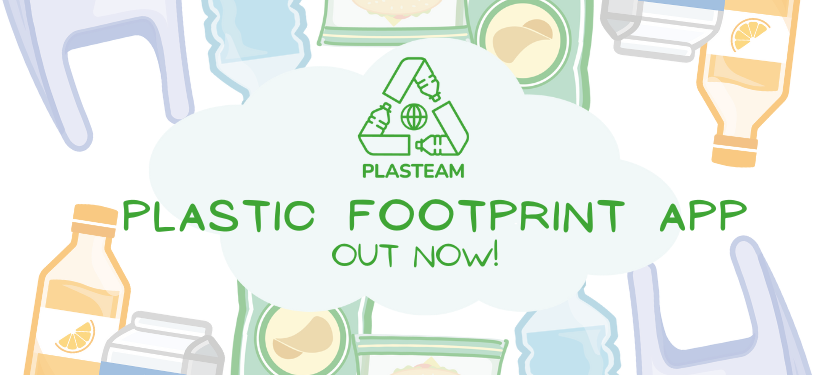
This tool which takes the form of an e-diary aims to monitor the plastic consumption within school and to raise awareness about the harmful impact of plastics, especially the Single Use Plastics (SUPs). The App provides green alternatives to commonly found SUPs, encouraging users’ creativity in achieving a plastic-free world.
Sign up to start monitoring and to change your consumption habits: Sign up here
Already a signed up? Login here
Curious to learn more? Watch the YouTube instruction videos:
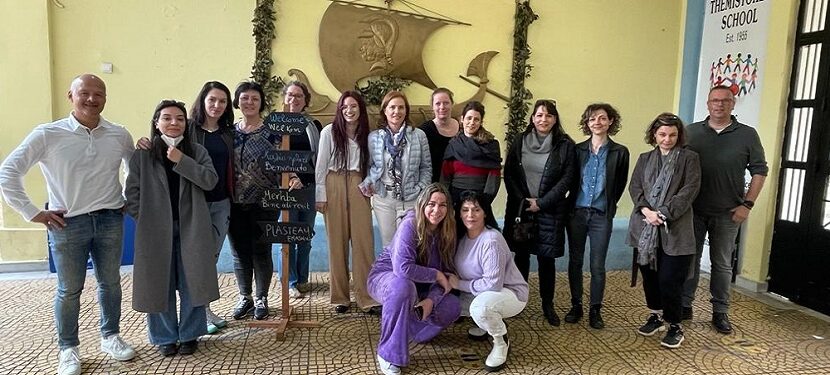
The 1.5 day long meeting that was organised on 31 March and 1st of April, in Piraeus, Greece back to back with the EU Seminar, was held in order to monitor progress and discuss the next steps within PLASTEAM. After the official announcement of the Plastic Footprint, that will from now on be applied in the Partner schools and beyond, the project will shift focus on its next important deliverables, that is the Contest and STEAM-Box.
Read more
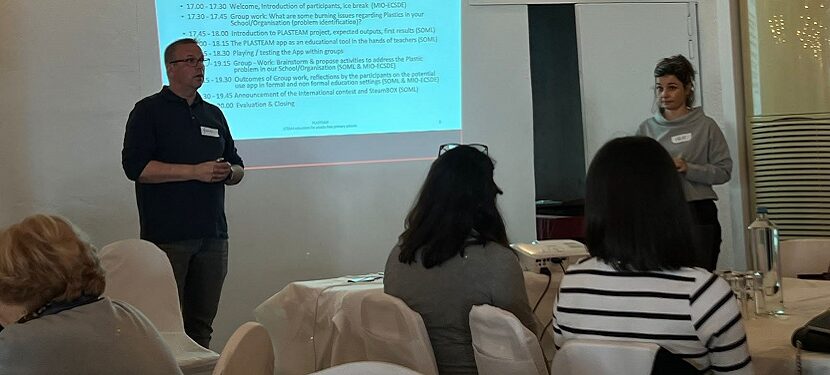
The Seminar officially launched the Plastic Footprint Application and announced the upcoming Contest and STEAM-Box. A total of 40 people from seven countries (Finland, Italy, Greece, Malta, Netherlands, Romania and Spain) and various backgrounds participated (39 face-to-face and 1 online).
During the event participants tried out the Footprint and discussed its potential use in various educational settings. Moreover, they discussed the challenges they face in their schools in phasing out plastics and proposed a series of educational interventions to start coping with this challenge.
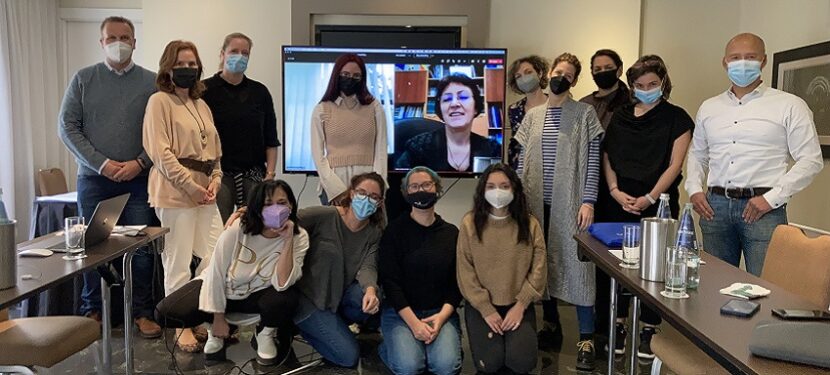
One year after the launch of the PLASTEAM project, this was the first time that partners met in person, due to the restrictions posed by the pandemic.
This was quite a condense and fruitful two-day long meeting, organised on 2-3 December by the Maltese Partner Eurodimensions.
All partners presented their organisations and exchanged views on the expected tasks in all three IOs. The focus was given on the APP development (IO1, lead by AGORA) that is about to be finalized. Moreover, the tasks and way forward for the other two IOs was explained by their leaders (IO2 by Effebi, and IO3 by MIO-ECSDE / MEdIES).
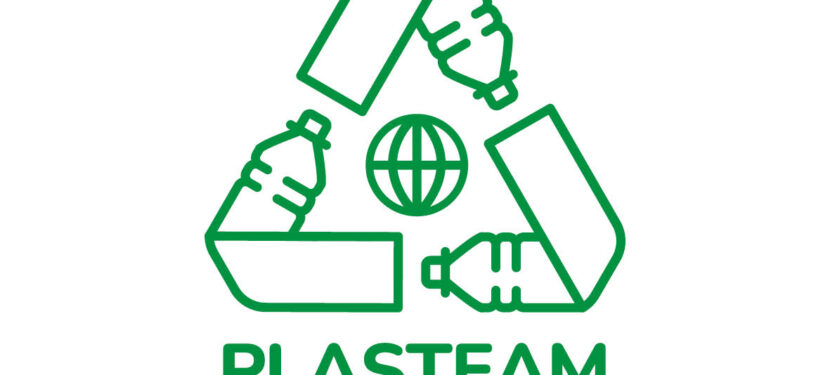
This document presents the statistic analysis of a questionnaire, answered by 136 teahers and school staff from the five 5 project countries. The survey run from 11/03/2021 to 12/05/2021 aiming to explore teachers’ views and current practices in their schools regarding the use of plastics.
The questions were categorised in: i) School Policies, ii) Teaching and learning activities, iii) Canteen and lunch practices relating to plastics.
All data collected and the results that are presented will feed in the development of the Plastic Footprint and other PLASTEAM outcomes.